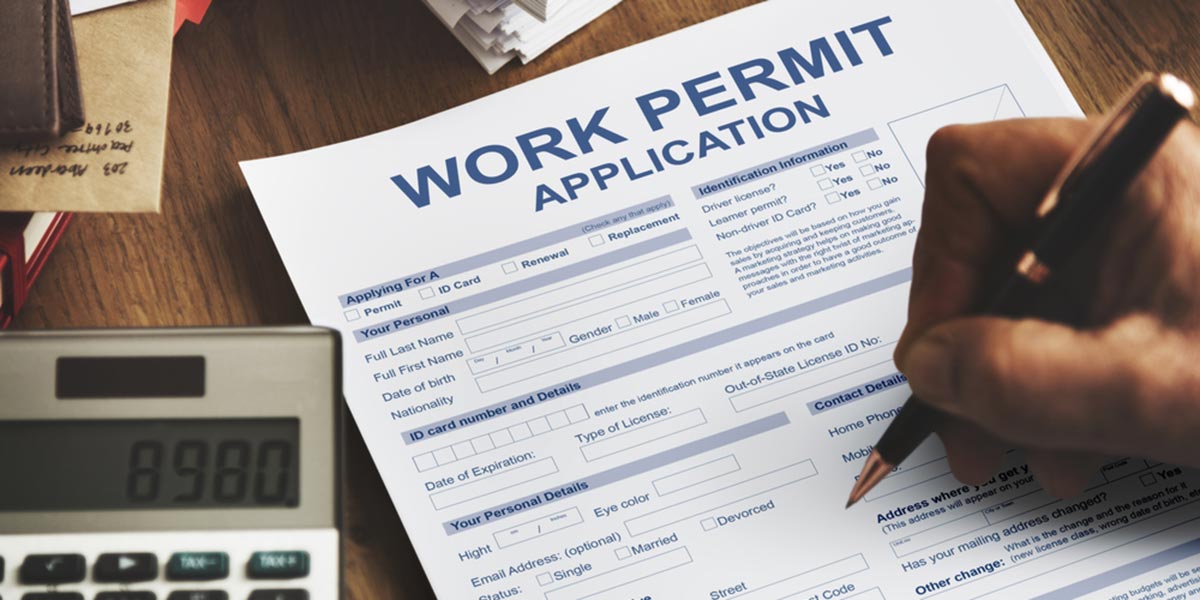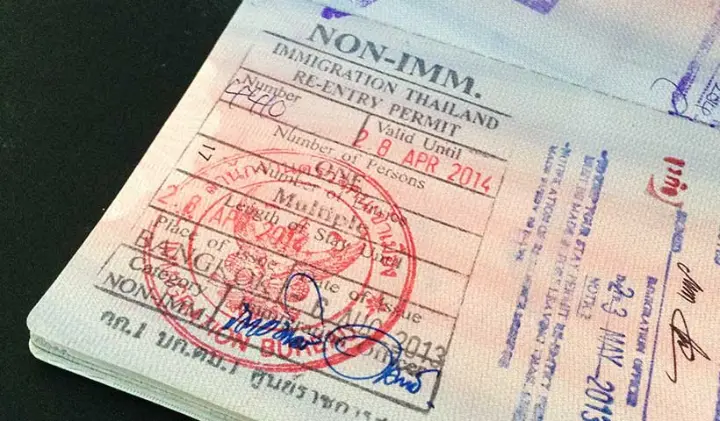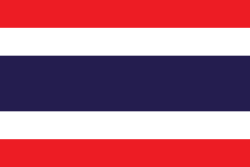So, you’ve got your bags packed, your dream job lined up in Thailand, and you’re ready to dive into pad thai lunches and weekend island getaways. But then—boom—you hit a wall of Thai bureaucracy: "Wait… what’s the difference between a work permit and a Non-B visa? Do I need both? Can I just get one and start working?"
You’re not alone.
This confusion trips up more hopeful expats than a rogue scooter on a Bangkok sidewalk. So let’s break it down, in plain English—with a side of humor and facts you can actually use.
If you’d rather skip the reading and get started right away, contact us today, and we’ll handle everything for you!
What is a Non-Immigrant B Visa (Non-B)?
Think of the Non-B visa as your golden ticket into Thailand, but not yet your pass to work.
Key Facts:
- Issued by Thai embassies or consulates outside Thailand
- Meant for foreigners coming to Thailand for business, employment, or investment
- Usually valid for 90 days, but extendable to 1 year if tied to a work permit
But can you work on a Non-B visa?
Nope! It’s like showing up to a party with an invitation but no entry stamp—you’ve got potential, but you’re not in yet.
The Non-B visa lets you enter Thailand with the intention of working, but it does not give you legal permission to work.

What is a Thai Work Permit?
Now this is your official permission to work in Thailand. It's not a visa. It's a legal document issued by the Department of Employment (under the Ministry of Labour) that spells out where you can work, what you can do, and for which company.
Key Facts:
- You need to have a Non-B visa first before you can get a work permit
- Issued in Thailand, not abroad
- Tied to a specific employer, job title, and location
- Usually valid for 1 year, renewable if your employment continues
Can you get a work permit without a Non-B visa?
Nope again! You need the Non-B visa to apply for the work permit. It’s a package deal, like mango sticky rice with coconut milk—one without the other just doesn’t work.

The Real Order of Operations
a.k.a. How to Do It Right
The company prepares documents for you to apply for a Non-B visa
You apply for the Non-B visa at a Thai embassy or consulate (in your home country or nearby like Laos or Malaysia)
You enter Thailand with your Non-B visa
The company submits your work permit application to the Ministry of Labour
Once approved, you go in person to collect and sign your work permit
Congrats—you’re now legally working in Thailand 🎉
Final Takeaway
To legally work in Thailand, you need both:
- A Non-B visa to get into the country with the purpose of working
- A Work Permit issued by the Ministry of Labour to actually work
It’s a two-step dance, and skipping a move could cost you more than a night out on Khao San Road.
Why Choose Witsaroot L&L Consulting?
Working in Thailand doesn’t have to be complicated!
At Witsaroot L&L Consulting, we simplify the entire process, ensuring your application is up and running fast, easy, and stress-free.





 We're using cookies.
We're using cookies.
Work Permit vs Non-B Visa in Thailand: What’s the Real Deal?